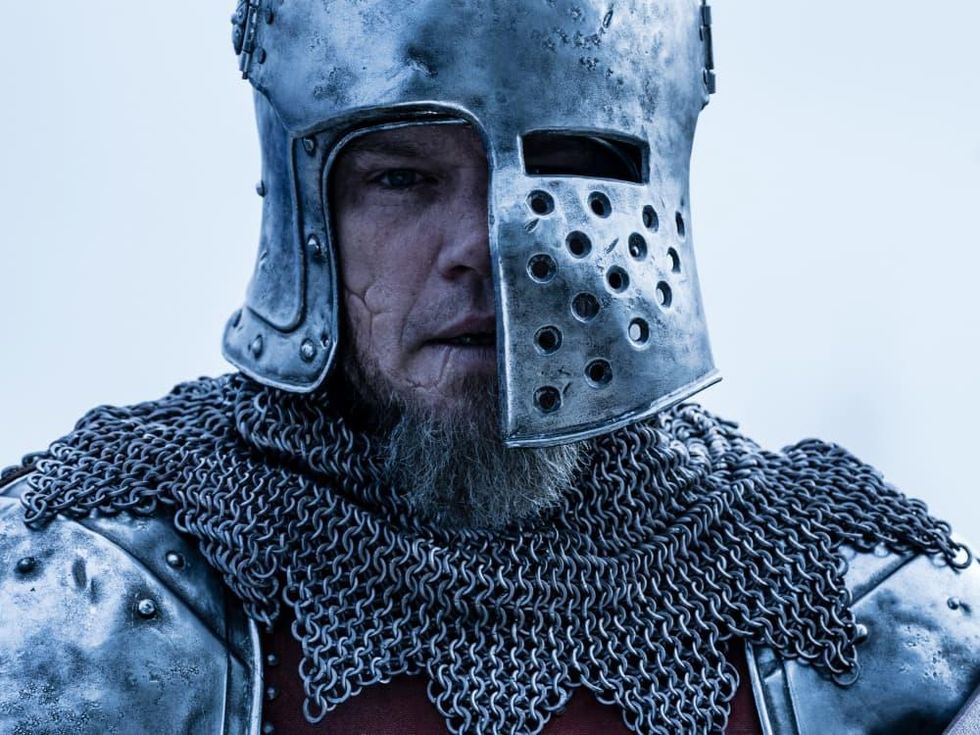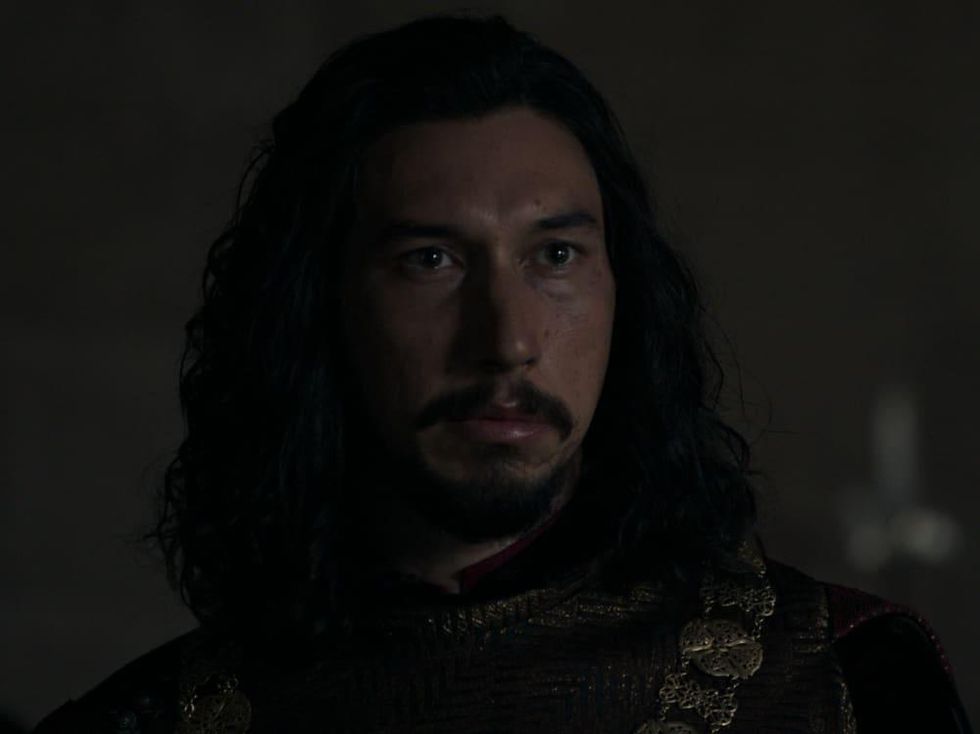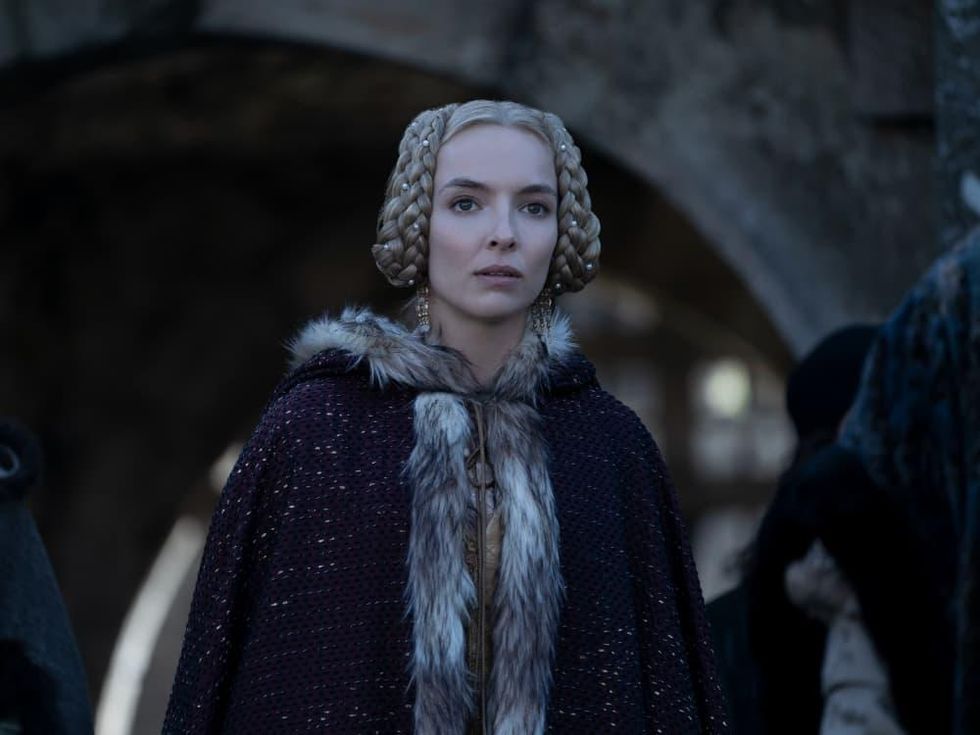Movie Review
Shifting viewpoints make for compelling story in Matt Damon-led The Last Duel
It’s easy to forget now, but when Matt Damon and Ben Affleck wrote and starred in Good Will Hunting in 1997, neither actor was well-known. Both had had supporting roles in previous films, but their shared Oscar for Best Original Screenplay gave them the boost they needed, and now it’s difficult to think of them as anything but huge movie stars. Their collective skills are brought together again in a wholly unexpected way in The Last Duel.
Set in late 1300s France, the film centers on a Rashomon-style story in which three people — Jean de Carrouges (Damon); his wife, Marguerite (Jodie Comer); and friend and fellow squire Jacques Le Gris (Adam Driver) — tell differing versions of the same set of events. In all three, Marguerite accuses Jacques of raping her, setting in motion the title duel between Jean and Jacques, a type of justice that had fallen out of favor at the time.
Jean is a war hero known — but perhaps not respected — for his ability to survive bloody affair after bloody affair. Jacques, meanwhile, is favored by Count Pierre d’Alençon (Affleck), a fact that constantly raises the ire of Jean. He marries Marguerite to try to secure his status, but even that seems to work against him, with Jacques interfering on multiple fronts.
Directed by Ridley Scott, the film is broken up into three chapters, with the duel essentially bookending the three lead characters’ stories. Damon and Affleck brought in Nicole Holofcener to co-write the film; it’s not explicitly labeled as such, but it feels as if each writer was responsible for one chapter. What’s interesting, though, is that even though all the characters have their own showcase, they’re not always the hero of their own story.
Jean is a self-serious person who can’t seem to get out of his own way. Jacques is conceited and often blind to how his actions affect others. Marguerite is mostly an innocent, but she chafes against the boundaries imposed on her, pushing further than other women of the time might. Of course, since the story is told from three different perspectives, you can never be sure if the version you’re seeing is the absolute truth.
The three writers and Scott combine to make a period film that rarely feels stuffy or antiquated. There are few affected accents employed by the actors or overly florid language in the dialogue, keeping the film accessible for those who may be repelled by such things. Damon and Affleck do choose two supremely unflattering hairstyles/beards, but their performances remain unaffected by their decisions.
When the duel finally comes, it is a brilliantly brutal affair made all the more effective by everything that’s come before it. Especially powerful is Marguerite’s chapter, which contains a commentary on rape culture that is tough to hear, positing the idea that little has changed in this respect in 800 years.
Each of the four stars is compelling, with Comer more than holding her own against the three more famous men. Damon goes a bit against type in his role, but he makes it work. Driver has a smolder like few other actors, and you can’t take your eyes off him when he’s on-screen. Affleck’s role is smaller, but he has an inherent smarminess that is used to great comic effect.
The Last Duel is not the type of film you might expect Damon and Affleck to write as their long-awaited follow-up team writing effort, but in its way, it’s equally memorable. The two have proven that they can carry any number of films, and this one shows that they’re not constrained by genre.
---
The Last Duel opens in theaters on October 15.




